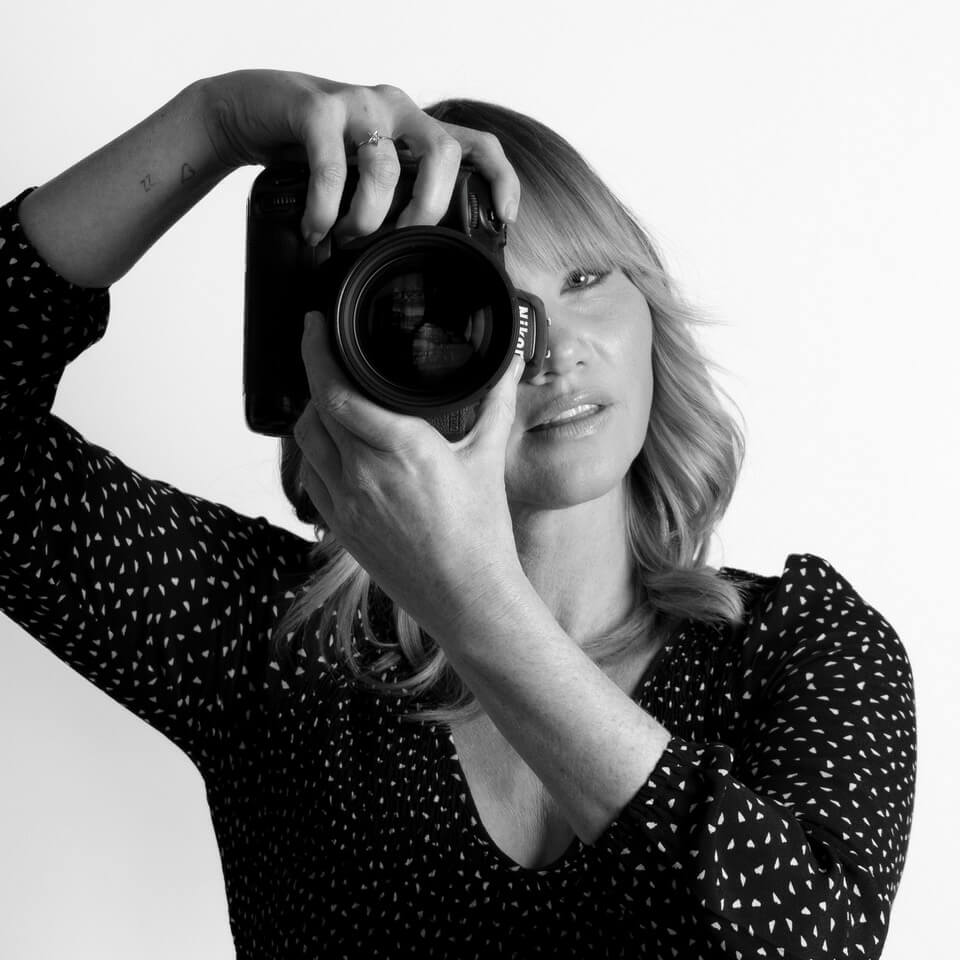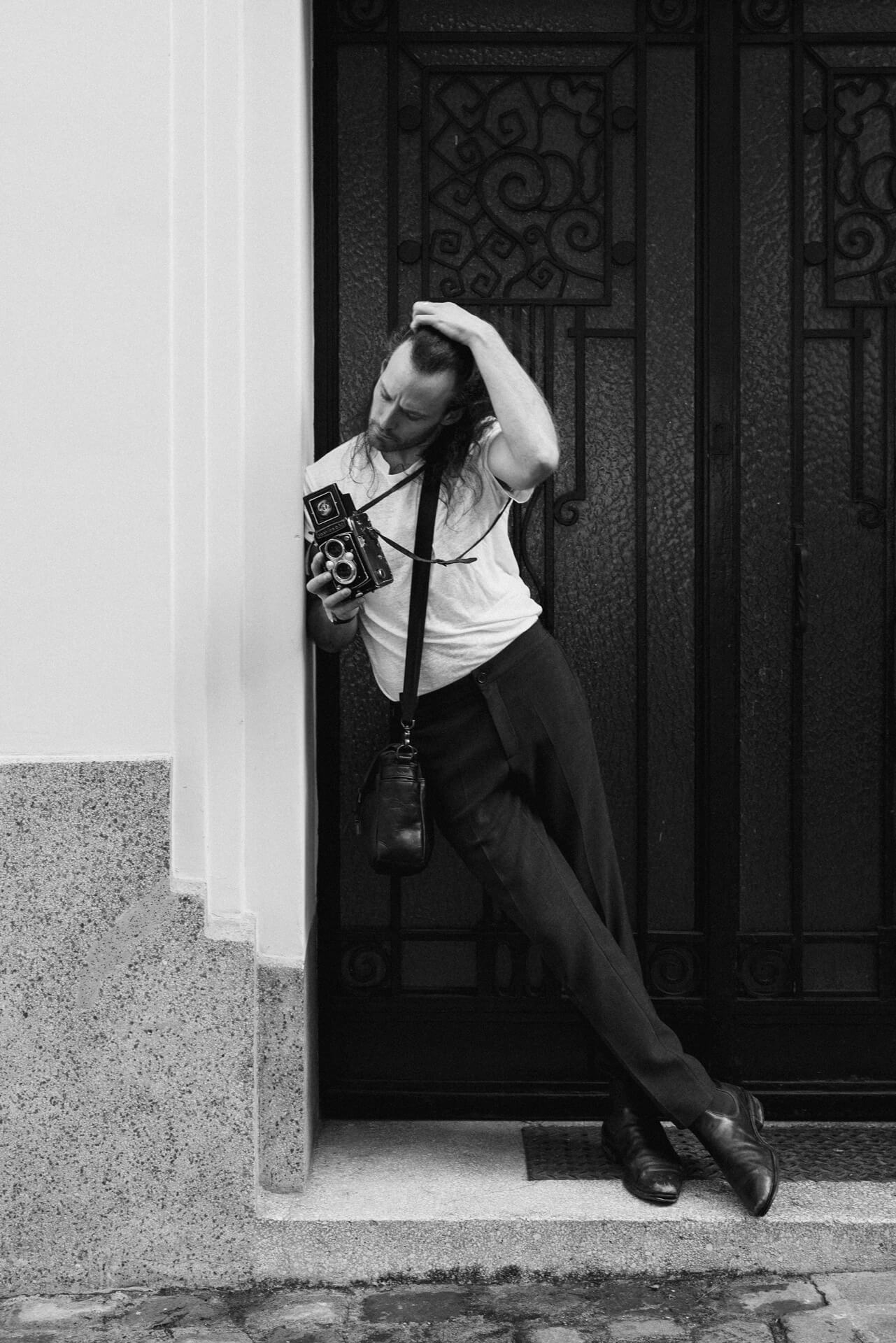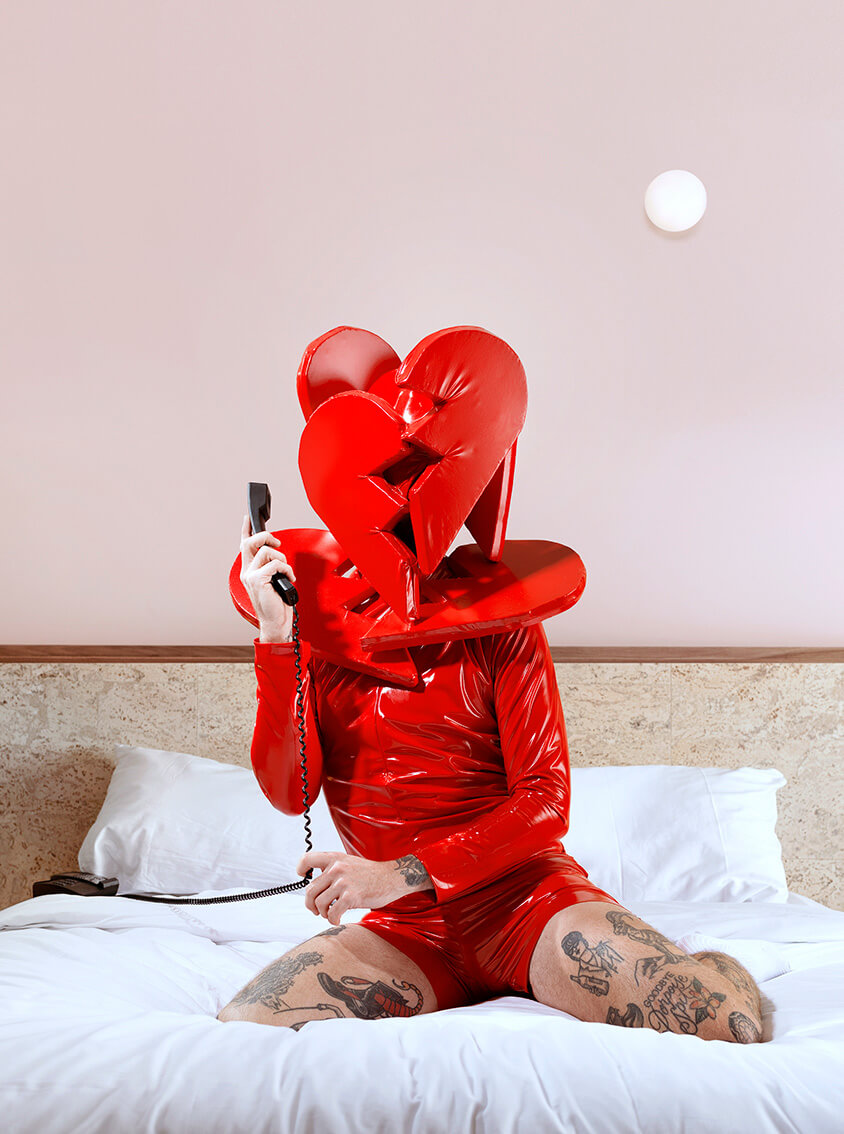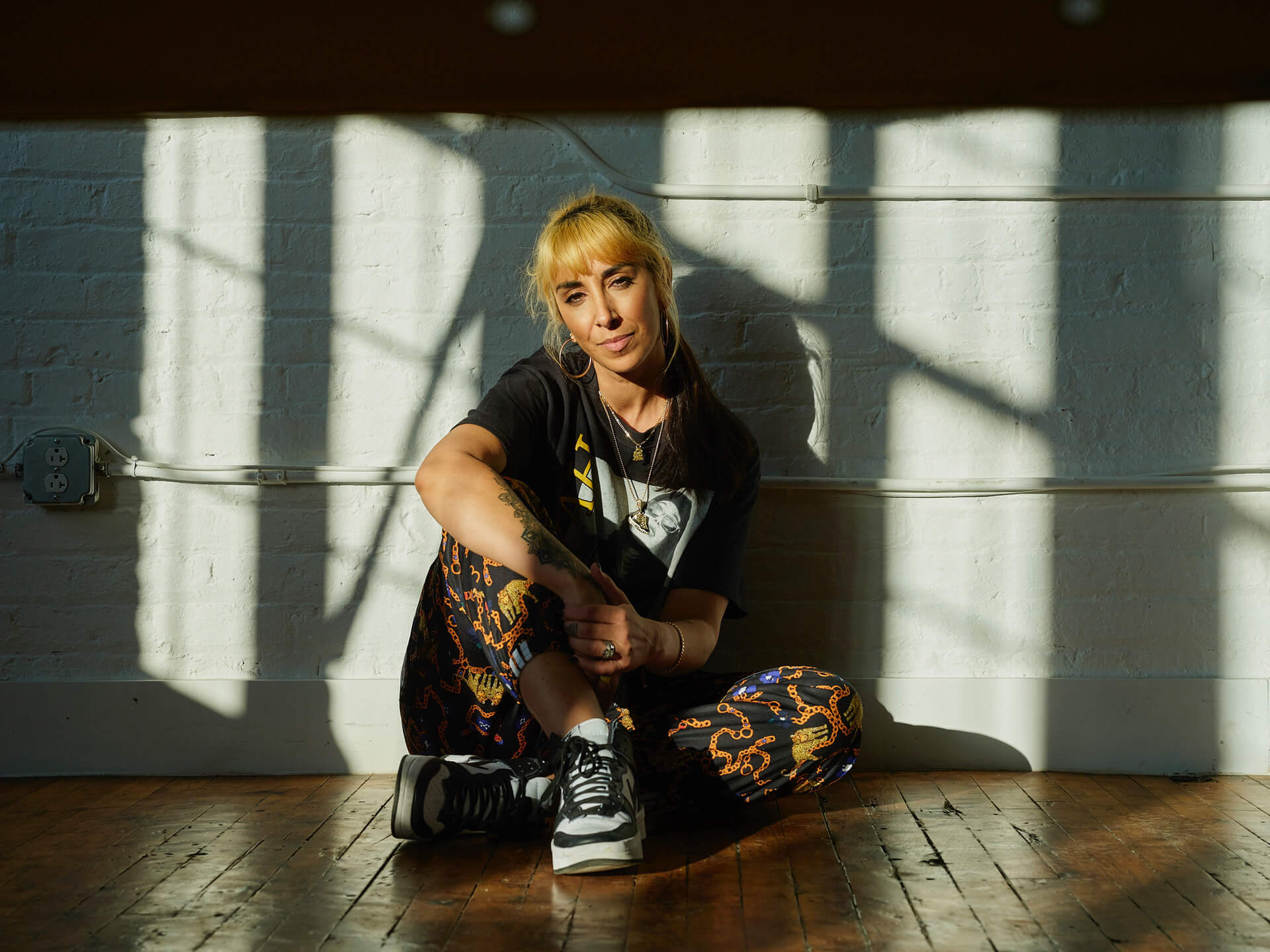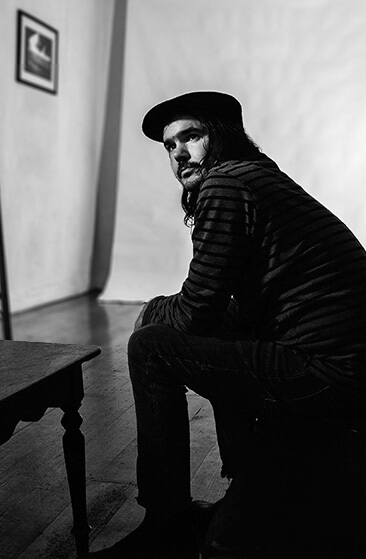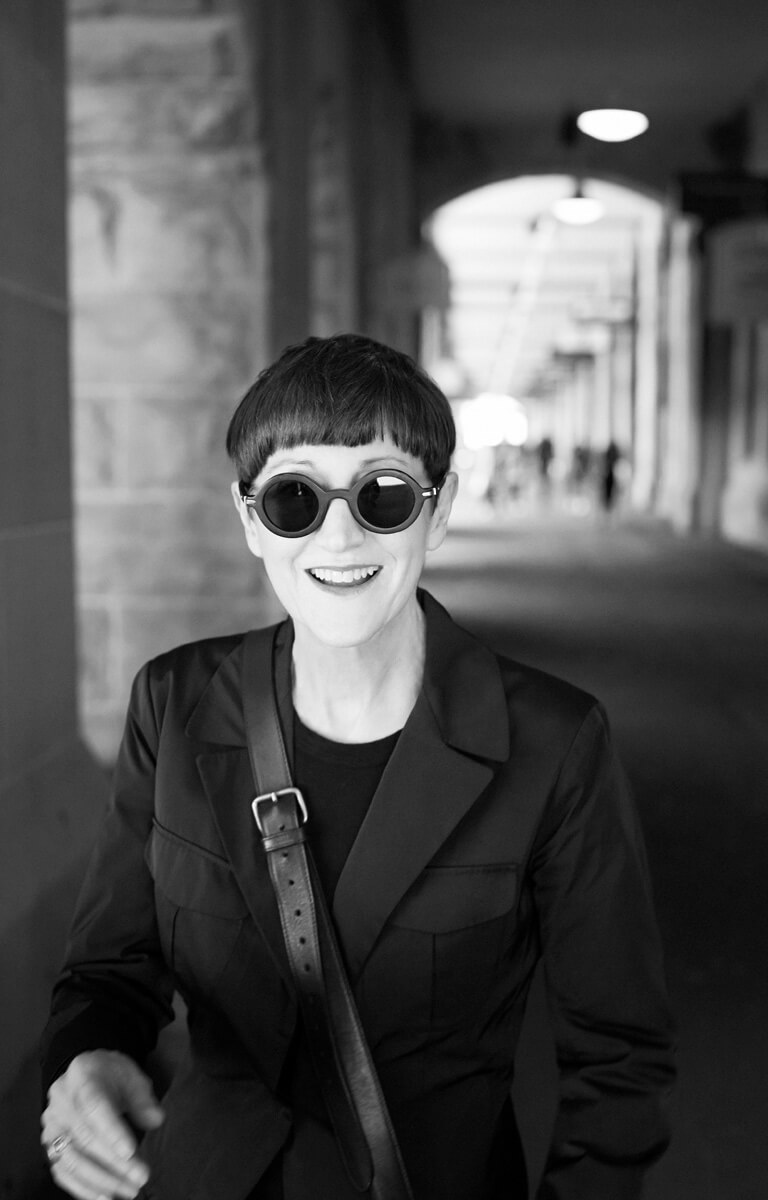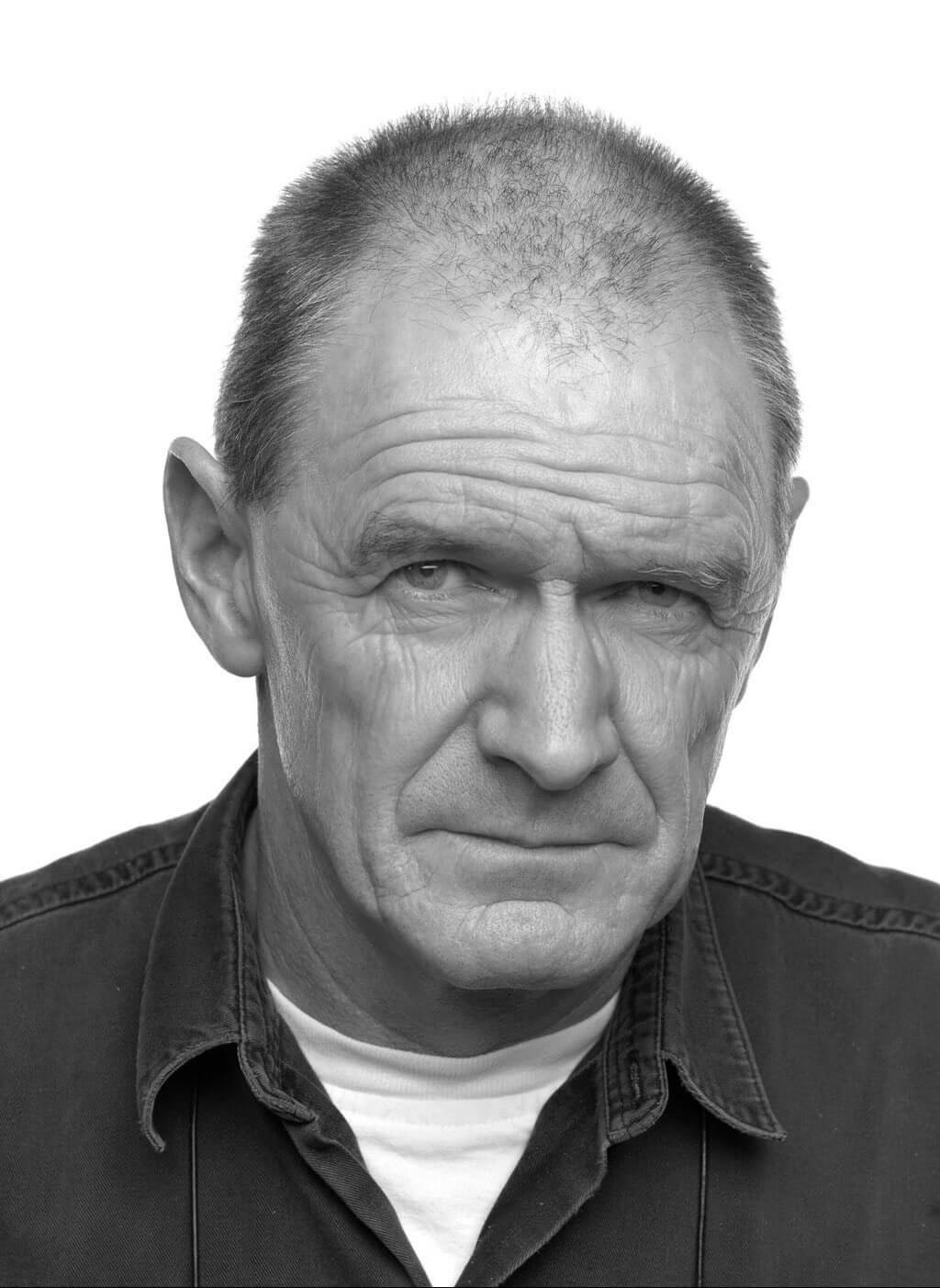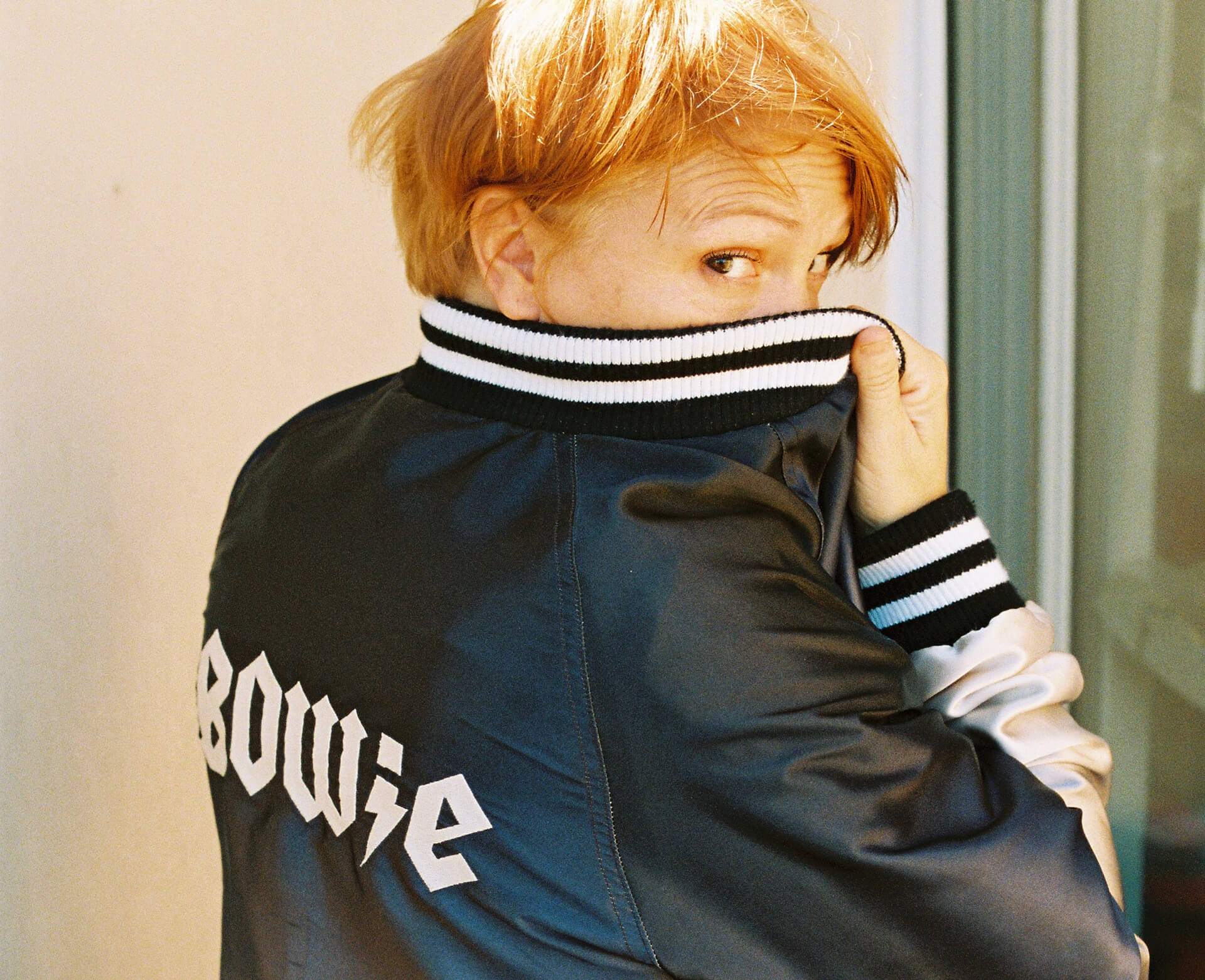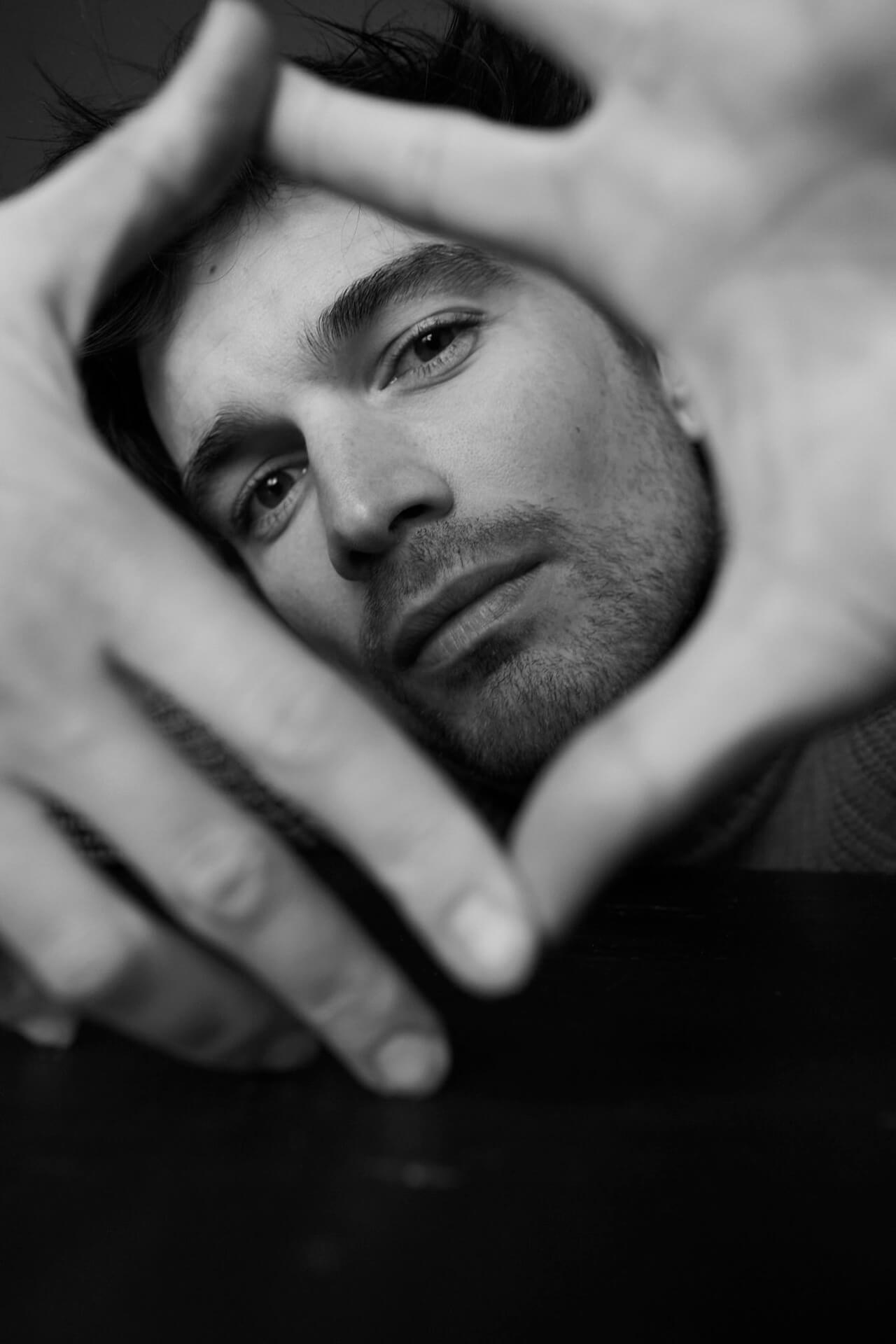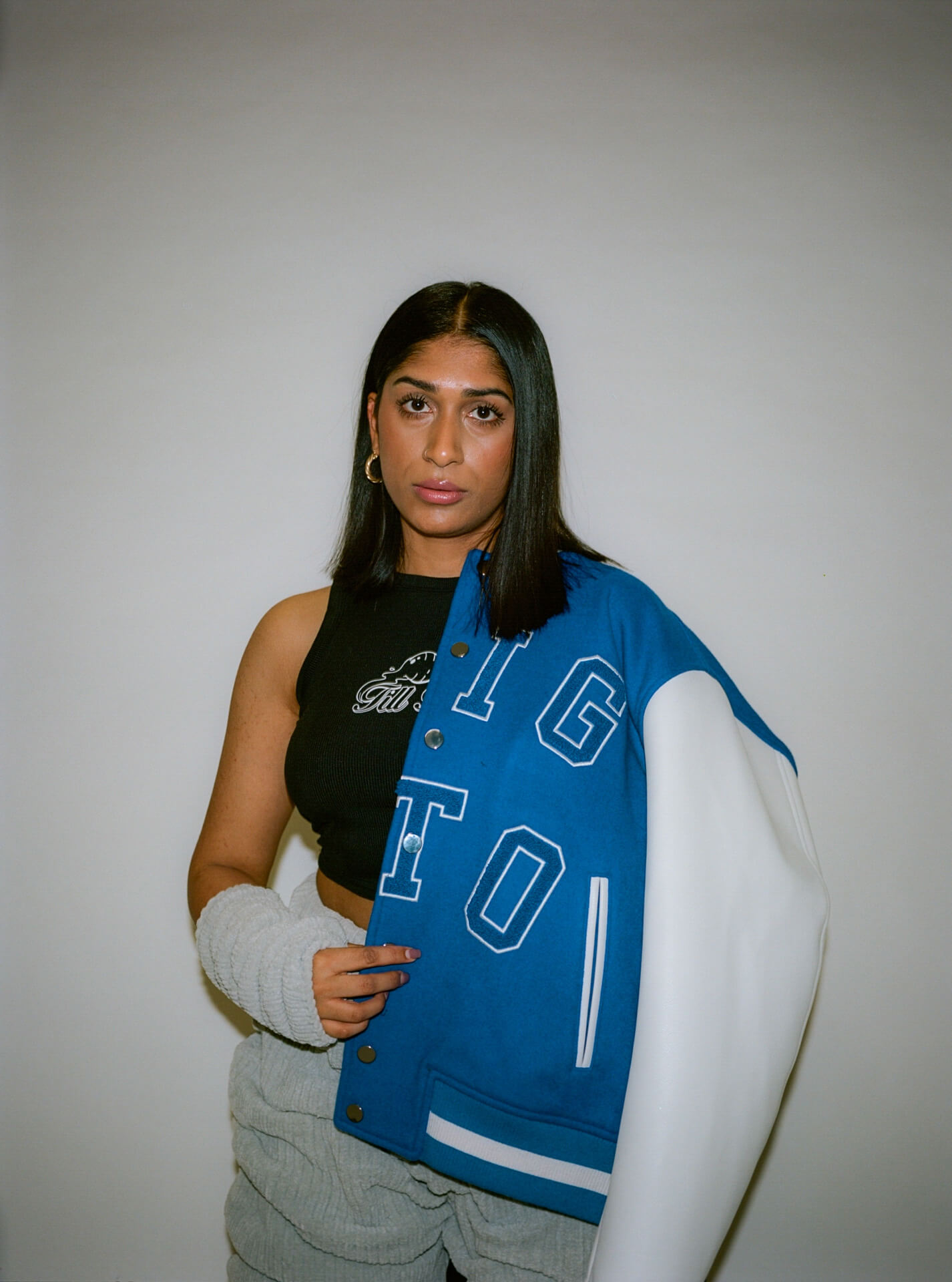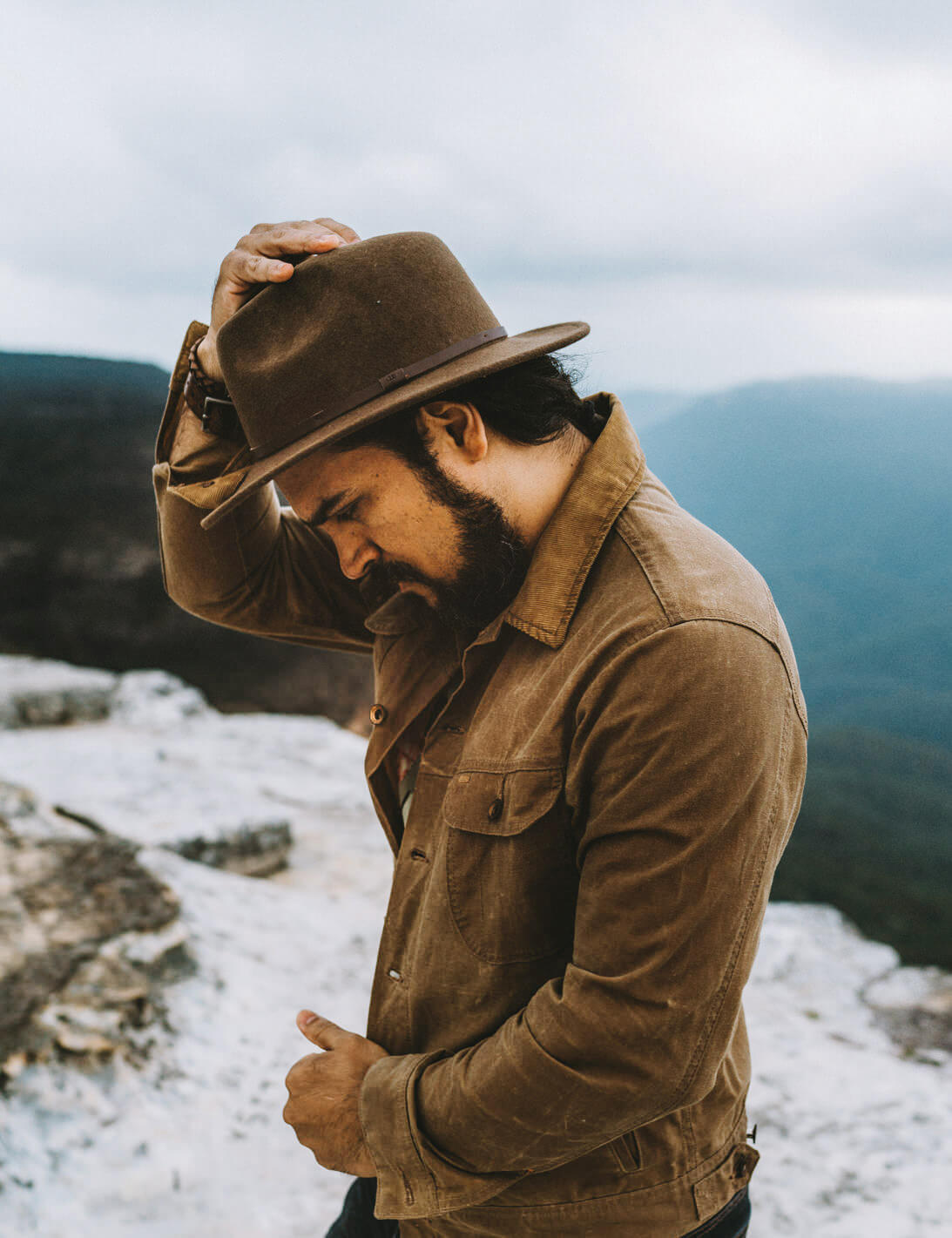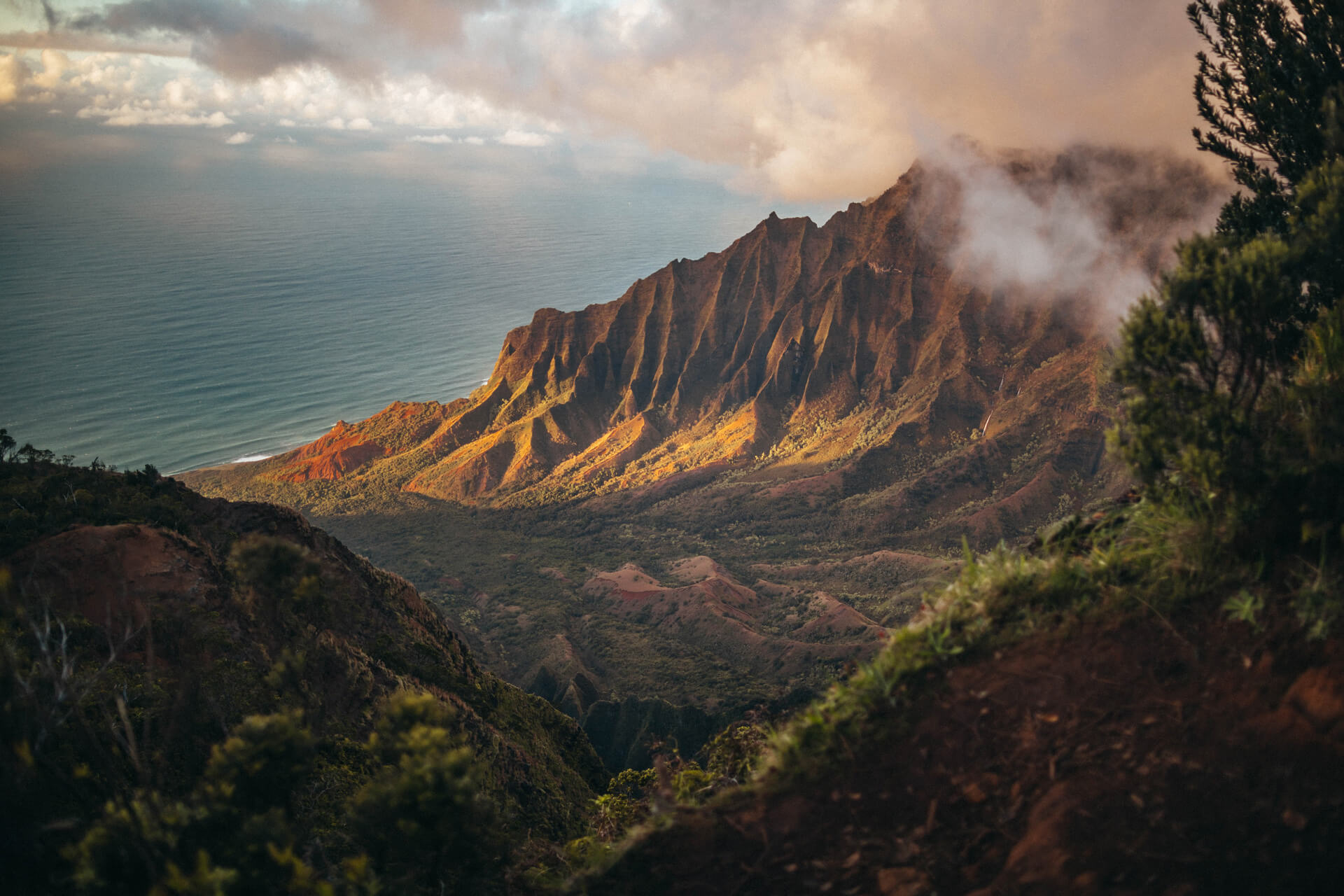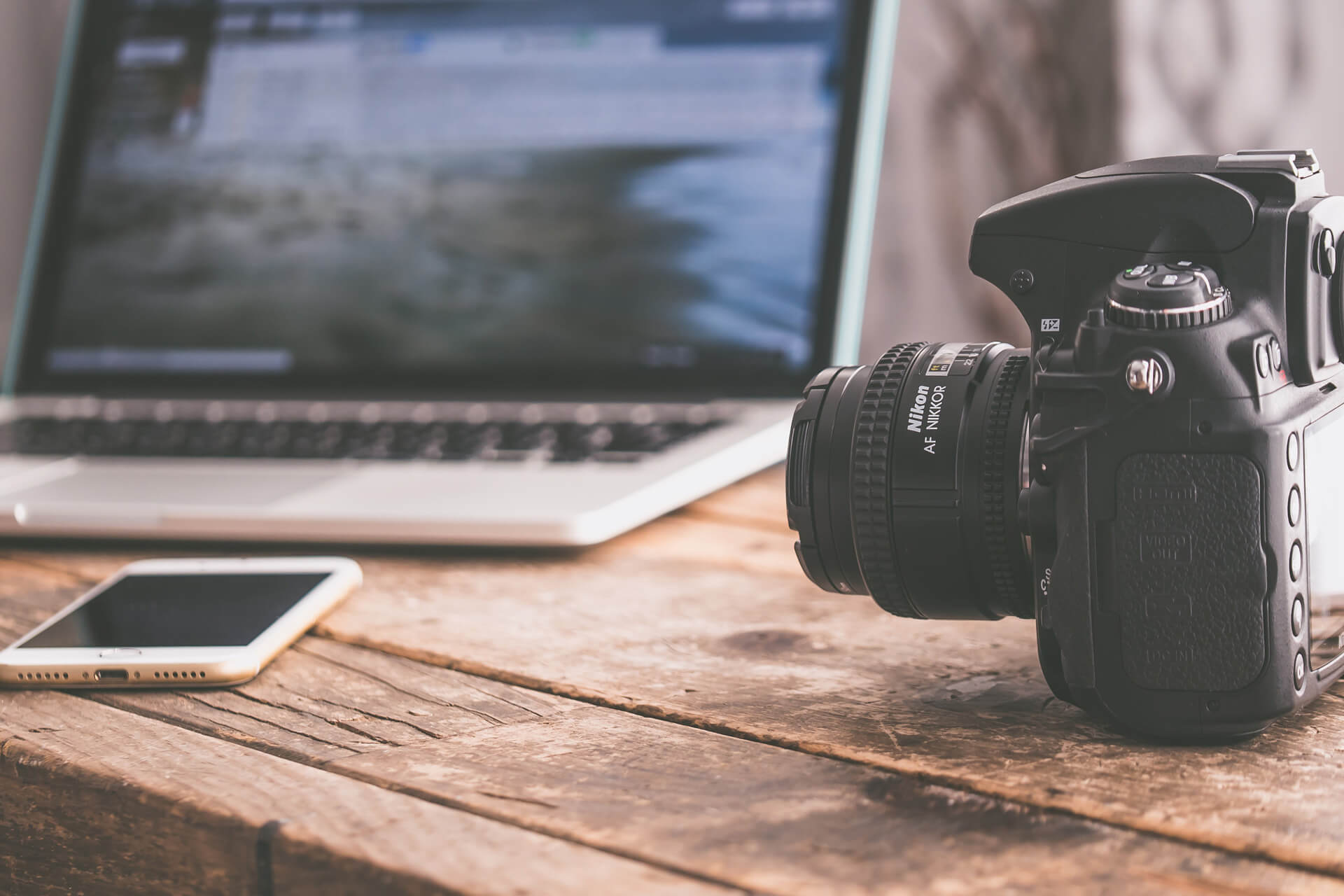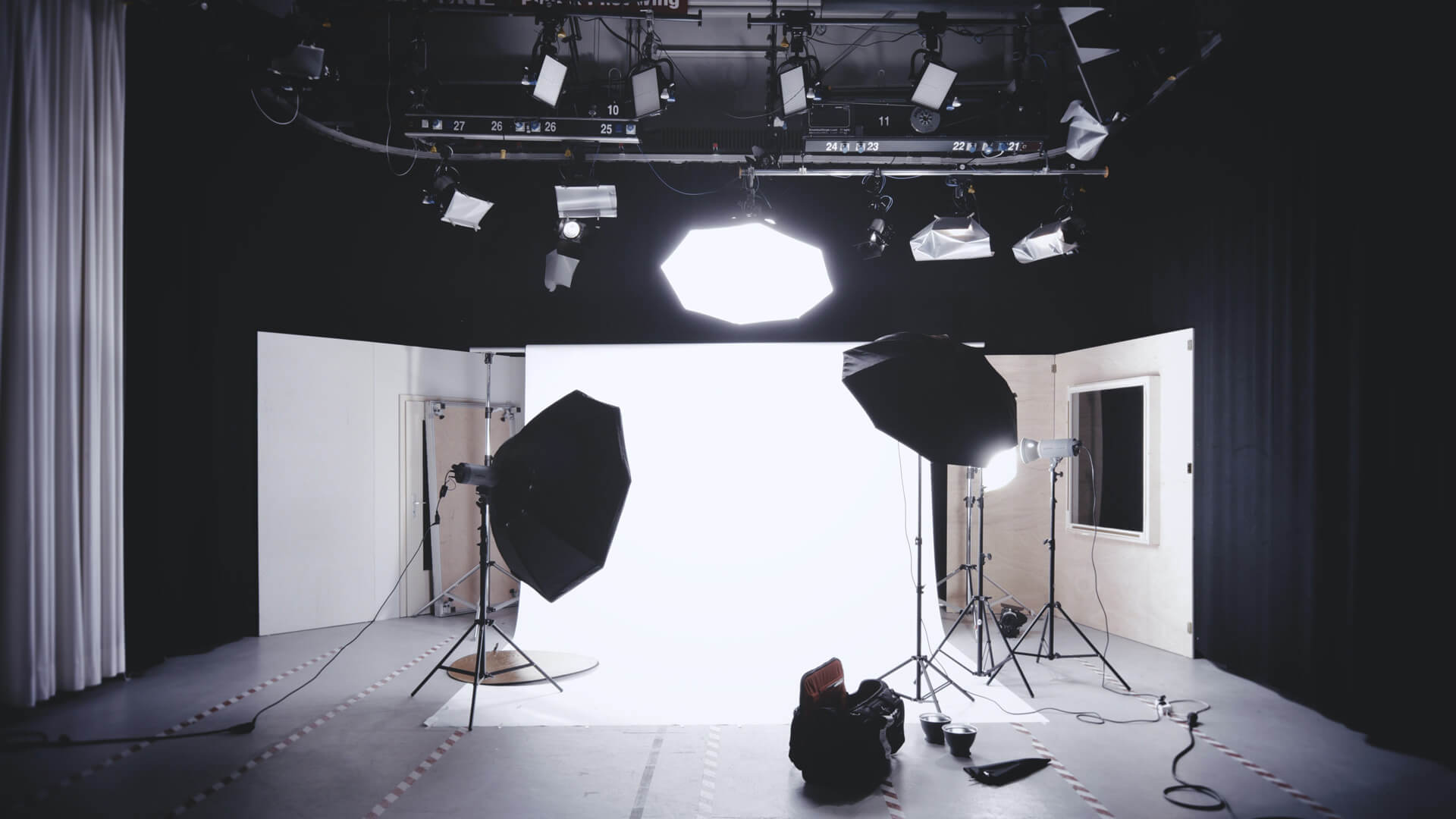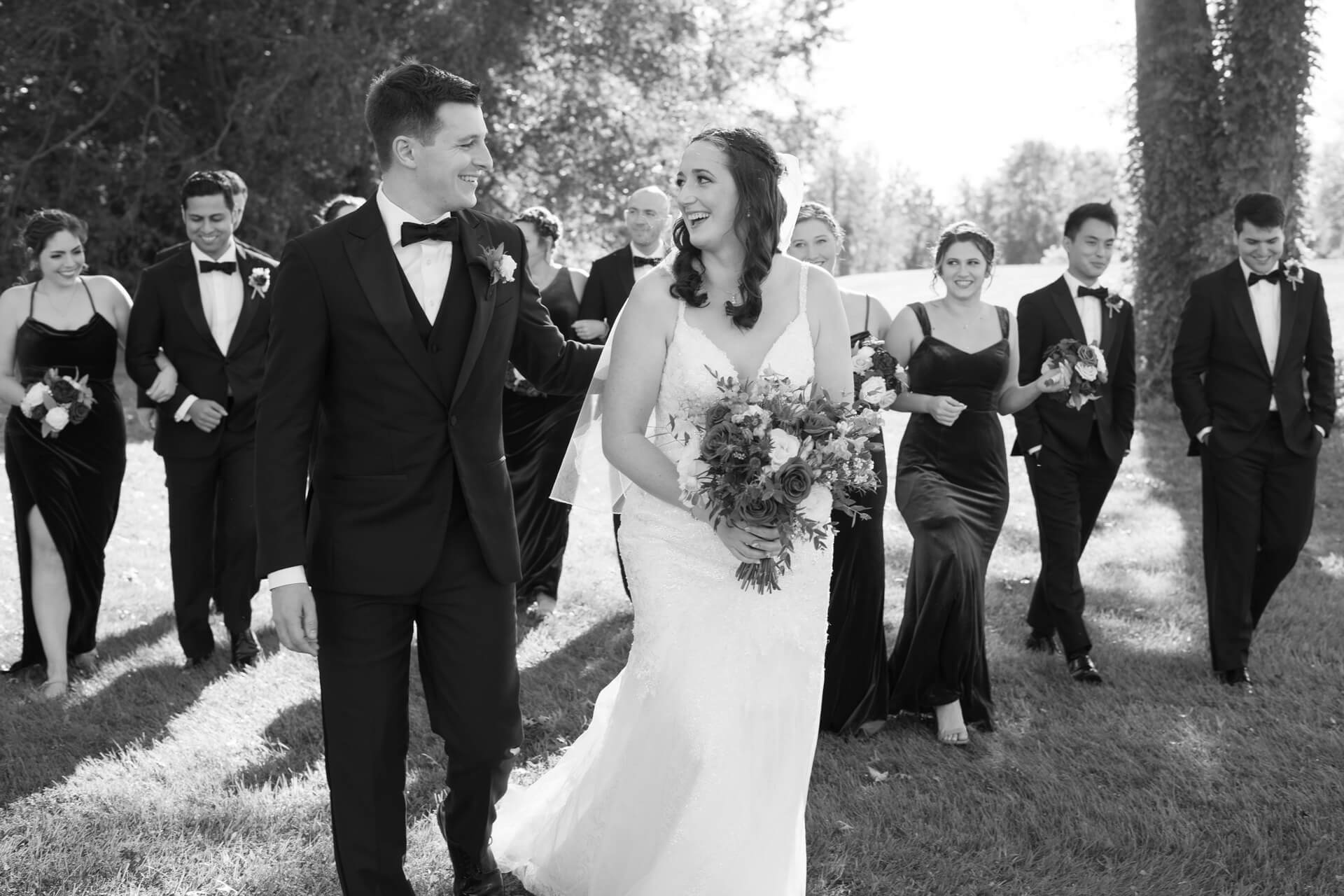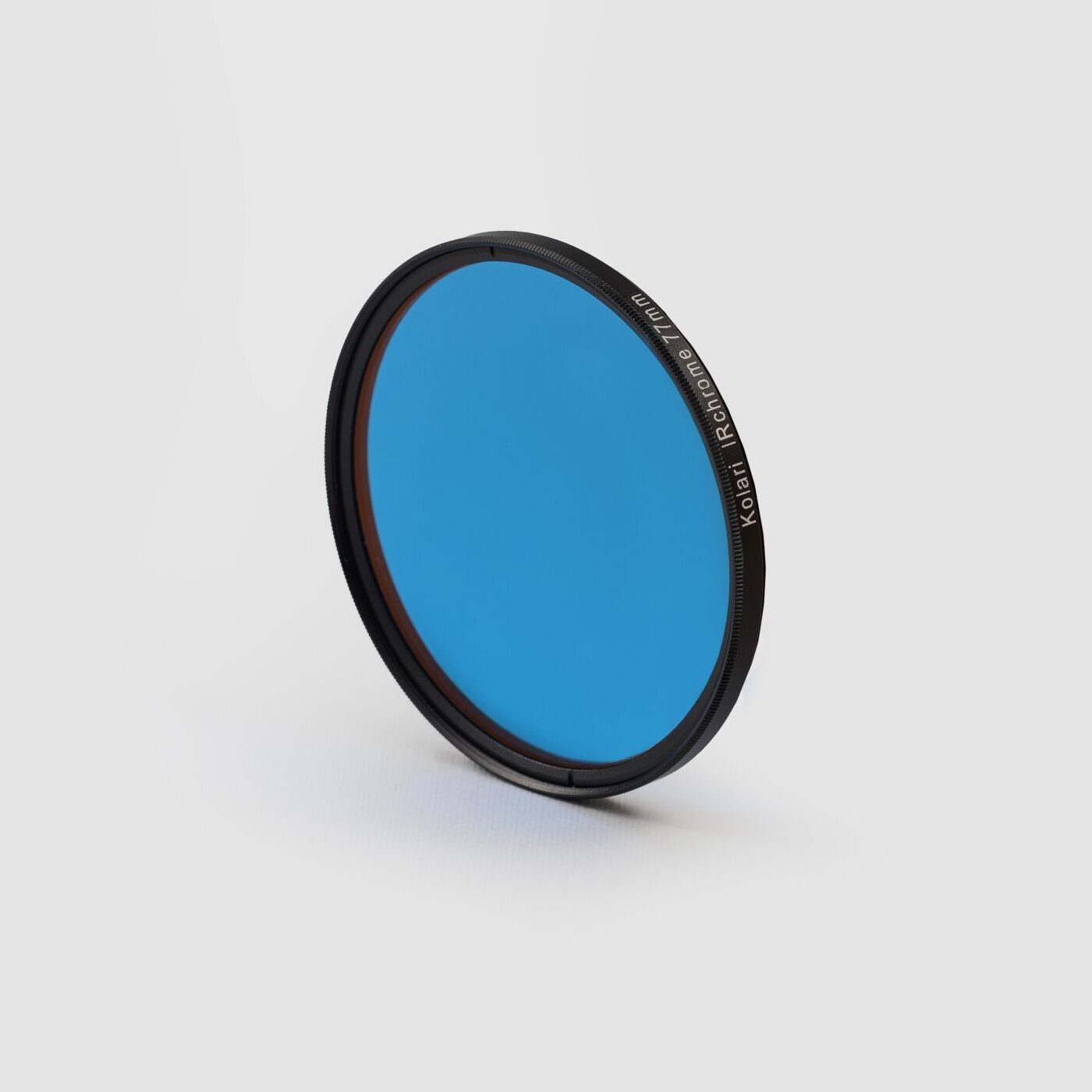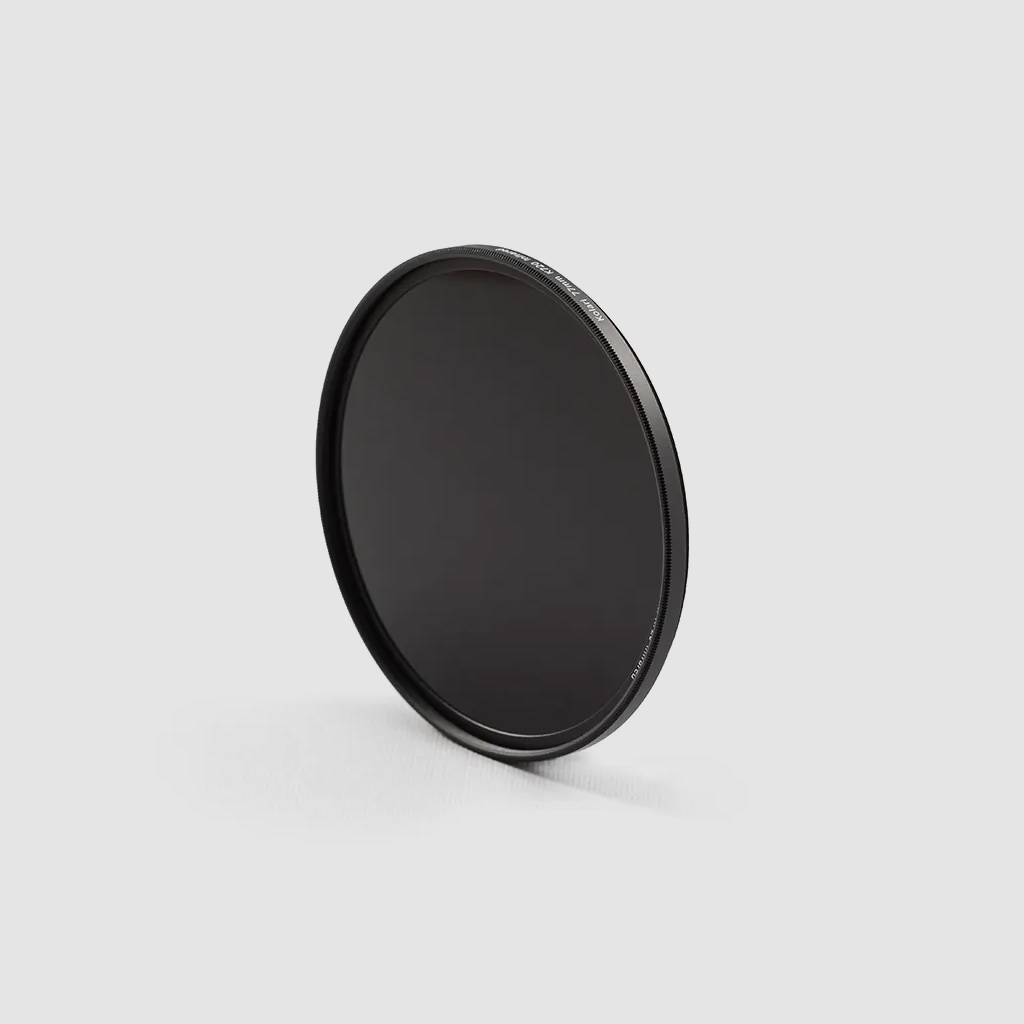Getting started as a professional photographer can be challenging. Whether you have travelled down a traditional path of higher education or are self-taught, making that leap from hobbyist to pro photographer can be daunting. That’s why I recently put together an article offering more practical steps about turning your side hustle into a full-time gig.
But what about the insider knowledge that comes from years of working as a professional photographer? When you’re starting out, you may not have a network or community of professionals to turn to whom you can ask for advice. So I’ve done it for you. From architectural to landscape, wedding to rock and roll and fine art photographers, I asked some of the industry’s finest photographers the one piece of advice they wish they had been given in the beginning. Here’s what they had to say.
1. Oli Sansom
There will be a moment when things start kicking off for you: when that initial burst of creative drive and relationship-building starts to pay off. This will be followed by challenging stuff, which could be small or large in scale. Large being a pandemic, obviously, small being natural lulls in the commercial cycle, or the fruits of not investing in enough outreach or properly leveraging the opportunities you had — all the natural challenges that emerge when a passion turns into a business. These lulls are the little testing flags in the ground, and they’re moments where you’ll decide to lean into what you think the machine wants or what got you into this stuff in the first place.
As good and productive as it might feel in the moment, no amount of trend chasing will be even a fraction as valuable in the long run as playing the game that looks a little riskier: leaning into what got you starting this in the first place. That might be the nuances of the subject matter you love or your way of seeing and representing light or intimacy. It could be anything. But as trite as it sounds, it’s always better to follow your own nose (your accumulation of influences, worldviews, and unique intersections) than someone else’s. People are watching what you’re doing from all places, and the real tastemakers and opportunity-bringers secretly hope that someone like you chooses to follow their nose.
Website:
2. Gerwyn Davies
This may seem sacrilegious to some, but I wish someone had told me, “Just pop it on autofocus, doll.” Shooting on location with props and people — or in my case alone, blindfolded, and sweating in a giant costume — there is a lot to absorb at once, and anything you can do to declutter that chaos helps.
I’ve often worked myself into an anxious panic while shooting, and I have hard drives full of very ordinary (some out of focus) images as evidence of that. A big part of shooting for me now is ensuring I relax, take my time, and enjoy the process of bringing my ideas to life. And so, yes, I only shoot on autofocus. My eyes are shot, and there are far more exciting things to attend to than the camera.
3. Michelle Grace Hunder
I wish I knew not to be afraid of the studio. As I am self-taught like so many others, it took me years to allow myself to learn in my own way. I thought people would think of my utter lack of technical knowledge as being a fraud! I finally forced myself into learning studio lightning, and it’s actually way easier than it looks. Still, a lot of people find it equally as intimidating, and I would love to encourage others that it’s possible to learn!
The ability to execute a brief or look at any photo and work out how they lit it or even think of new creative ways to light a subject is now something I am super proud of! So just allow yourself to play and learn through trial and error or watching videos!
Website:
Website:
4. Dane Beesley
Things were a lot different when I started; we were all shooting film! I was assisting a commercial photographer, and we would often take a polaroid so we could view the image first. It was my job to ride the Vespa down to the film lab, dropping off rolls of film throughout the day’s shoots. I would have loved to have known that digital would take over the industry so I could have prepared myself early.
5. Michele Aboud
The one tip I would share is the thought process. Really connect to what you want to express with the image. Do your homework, imagine the image in your mind’s eye, and break it down technically to what will be required, i.e., lighting, lens, and post-production considerations. But at the same time, be open to the serendipitous nature of creativity. One of the most important aspects is not to linger too long on something that doesn’t feel right or is not working out. It’s ok to change your mind if it’s not coming together as you imagined.
If your inner voice challenges you, go for a walk outside the studio, excuse yourself at the appropriate time, and go somewhere quiet and breathe. Two minutes; that’s all you need. And be kind to yourself. Sometimes, our critical voice pipes up, which is not helpful. Pack its bags and say goodbye!
Website:
6. John Gollings
As an architectural photographer, never crop into buildings. Don’t use effect filters. Take the least number of images and try to describe what the building actually looks like.
7. Kate Hampson
I’ve always been a bit of a punk with a film camera and have definitely always been a rebel! When I entered the wedding industry, I lost my entire identity. I thought I had to do the same as everyone else.
I wish someone had said, “Hey. Be you. That’s your special sauce.”
When my brain exploded after fighting with myself for so long, the floodgates opened. I was able to create whatever I wanted! I built the website of my dreams, only taking jobs that excite me, with full creative control. I have never been happier or more in demand, and I’m all analogue.
In the words of the great Oscar Wilde, “Be yourself. Everyone else is taken.”
Website:
Website:
8. Jackson Gallagher
If you don’t have your camera with you, you can’t capture photos!
Don’t let the tech and specs side of photography be intimidating. You can learn how to use any piece of equipment. Don’t play it safe.
9. Isha Shah
“Shoot your shot but don’t be a beg.” This sums up how to move in those initial days. As a young brown woman, the photo industry can appear to be a very daunting scene with hardly anyone who looks like you. It’s your job to set your reputation and be bold and confident with your choices. Make sure you speak and thank every person in the room.
The people who help you the most are the techs, other photographers, fans, PR, agents, managers, and labels. Everyone is someone. Don’t be scared to introduce yourself because they may remember that bold move and hire you on the spot or, in my case, years later! From just that one interaction.
Everything happens for a reason, but sometimes you have to make your own reasons by shooting your shot with the right people and coming off as genuine and wanting to build relationships rather than trying to brag for clout.
Website:
Website:
10. Fabio Oliviera
When I started photography, I wish I had known the importance of consistency. It’s not just about being generally consistent but specifically specializing in one area of photography you enjoy and practicing consistently. Even if it seems tedious at times, exploring your creativity is incredibly rewarding. Moreover, from a business standpoint, being consistent and constantly improving your skills can open up many opportunities throughout your photography journey. Of course, it’s also important to remember that experiencing new things is crucial for your mental health and wellbeing.
However, it’s essential to strike a balance between seeking new experiences and staying true to your path. Ultimately, finding consistency in your photography practice can help you achieve your goals and become a successful photographer in the long run.
As young photographers, it’s easy to get caught up in trying to do everything and follow every trend on social media. However, I’ve learned that focusing on one area of photography you truly enjoy can help you achieve your goals much faster. It’s important to remember that success is not always about following external trends but rather finding your path and staying true to it. By looking inward and focusing on your passion for photography, you can find the consistency and motivation needed to succeed in this competitive industry.
Final Note
Over the years, I’ve been fortunate to build a solid and supportive network of talented professional photographers who I can now call friends, who have offered me support and advice like the above to help me along the way. So it seems fitting that I should end this article with my piece of advice to you as you start your journey as a professional photographer:
The photography industry can be hard, and as sole traders, we often work in a silo. Strive for community over competition, and connect with other photographers as much as possible. Don’t be afraid or intimidated by your professional colleagues. Ask questions of photographers whose work you admire, and be willing to learn from those with years of advice and experience to share. You’ll be surprised how many people are willing to help you if you just ask.
Author Bio:
Jade Ferguson is a Brisbane, Australia-based photographer who applies a fine art approach to the subjects she shoots. As an early-career photographer, her work attempts to create an emotionally visceral experience for the viewer by capturing the unseen. She works with film and digital formats; her subjects cover portraiture, performing arts, and a developing personal art practise. She is currently an undergraduate at Griffith University, Queensland College of Art, studying for a Bachelor of Visual Art.
